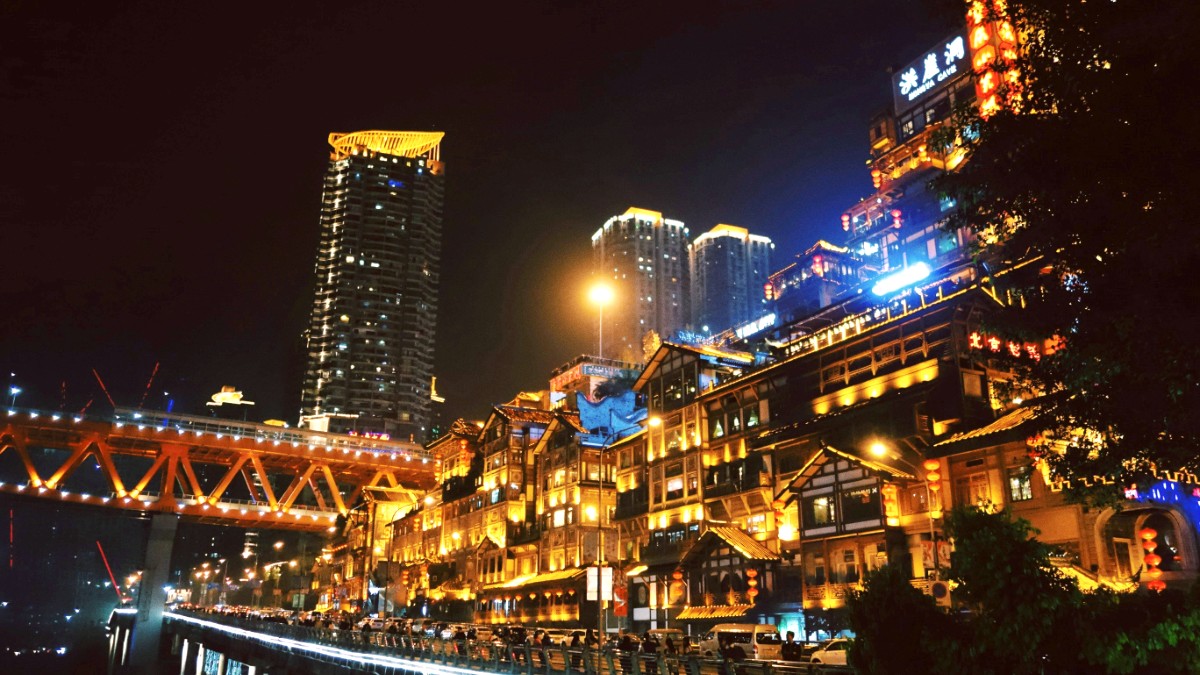
China
Chongqing Municipality includes several national parks and nature reserves, like Wulong Karst National Geology Park and Jinfo Mountain. These areas feature unique geological formations and biodiversity, with ongoing conservation efforts.
Recycling bins for paper, plastic, and glass are becoming more common in urban areas, especially in modern commercial districts and public spaces. Sorting practices can vary.
While Chongqing receives significant rainfall, water conservation remains important, especially in a densely populated urban area. Be mindful of your water usage in hotels.
Your travel decisions can add positively to the local environment and economy.
International air travel has a carbon footprint. Consider offsetting your flight emissions through reputable carbon offset programs.
Research hotels with sustainability certifications or those visibly demonstrating eco-friendly practices (e.g., linen reuse programs, energy-efficient lighting, responsible waste disposal).
Support sites that contribute to the preservation of Chongqing's unique stilt-house architecture (e.g., Hongyadong) and ancient towns (Ciqikou).
Seek out local handicrafts and products sold directly by artisans in places like Ciqikou. This means a larger portion of the revenue stays with the producers rather than intermediaries.
Be mindful of local privacy. Avoid photographing government or military installations. Do not take photos of police officers or security personnel without explicit permission.
Avoid giving money directly to beggars, especially children, as this can inadvertently perpetuate cycles of exploitation or encourage begging as a livelihood.
Conscious travel choices create a better experience and add positively to Chongqing's environment and culture, fostering mutual respect and lasting memories.
Thoughtful interactions create a better travel experience and benefit local communities.
A simple "Nǐ hǎo" (hello) or "Xièxie" (thank you) in Mandarin is appreciated. Be patient with language barriers. Use translation apps and gestures to bridge communication gaps.
Modest dress (shoulders and knees covered) is respectful when visiting temples, monasteries, or other religious sites. Remove hats upon entering.
Your travel choices directly impact the local economy. Choose options that support local communities and promote fairness.
Supporting local guesthouses, small, independently owned restaurants, and independent guides contribute directly to the local economy. This means wider distribution of tourism benefits.
Seek out local handicrafts and products sold directly by artisans in places like Ciqikou. This ensures a larger portion of the revenue stays with the producers rather than intermediaries.
Choose local restaurants, shops, and tour operators over international chains where possible. This boosts local employment and entrepreneurship within the community.